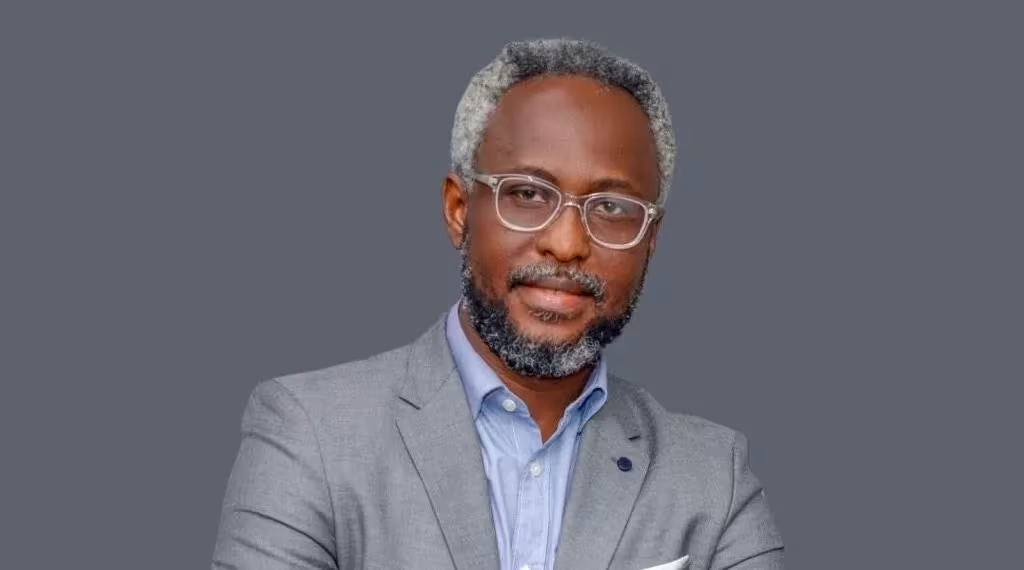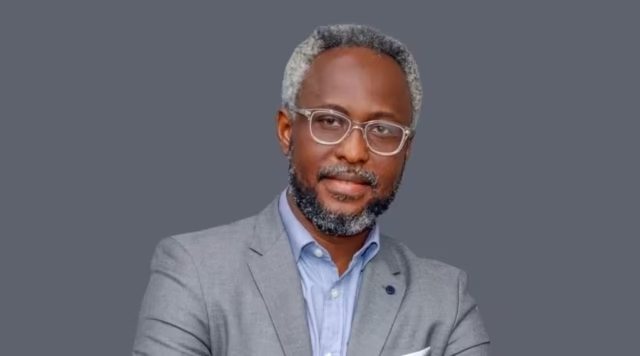Banks to lend at lower rates in 2026 – Ugo Obi-Chukwu
Ugo Obi-Chukwu, CEO of Nairametrics, projects that Nigerian commercial banks will begin to lower interest rates on loans in 2026. This anticipated reduction, moving away from current high rates of 32% to 36%, is driven by banks needing to deploy the significant capital they’ve recently accumulated.

The shift is expected to encourage banks to transition from investing in high-yield government securities (like Treasury Bills and FGN Bonds at 20%) to financing productive sectors of the real economy.
Reasons for the Projected Rate Decline
The expectation of lower lending rates is based on two core factors:
Mandate to Deploy Capital: Banks have recently undergone a period of aggressive capital accumulation. Obi-Chukwu argues that with this stronger capital base, banks will be forced to move their focus from high-profit, low-risk investments to lending. He believes the current high interest rate environment is unsustainable once the Central Bank of Nigeria (CBN) eases its monetary tightening.

CBN’s Strategic Pivot: The CBN is expected to shift its primary focus from monetary policy management (tightening money supply to fight inflation) to active banking supervision. This new focus will involve ensuring that commercial banks are effectively supporting economic growth by channeling funds into critical areas like SMEs and manufacturing, which are essential for job creation and inclusive growth.
Banking Sector and Economic Outlook
Financial Stability and Repositioning
Obi-Chukwu emphasized that financial stability is crucial, and the goal is to have stronger banks that can adequately support the economy. He hinted that this environment might lead to:
Mergers: Possible consolidation or strategic alliances among financial institutions.
Repositioning: Some banks may begin to operate at different levels of the economy to optimize their new capital base.
The Role of Structural Reforms
While lower interest rates are necessary for a healthier financial system, Obi-Chukwu cautioned that they are not sufficient on their own to deliver inclusive prosperity. He stressed that Nigeria must address broader structural issues to achieve high, sustained GDP growth of 7% to 9%.
The critical bottlenecks that require urgent attention include:
Energy Security: Sorting out ongoing issues and power infrastructure is foundational, as energy is essential for manufacturing and economic activity.
Customs Inefficiencies: Removing other systemic bottlenecks is necessary to achieve broad-based growth that benefits the majority of Nigerians, rather than just “the one percent.”

What the CBN Governor is Saying
Obi-Chukwu’s projection aligns with the CBN Governor, Olayemi Cardoso’s, recent statements. Cardoso has also projected a future decline in interest rates, citing factors like easing inflation and improved capital allocation efficiency as the key drivers for downward pressure on lending rates.
Join Our Social Media Channels:
WhatsApp: NaijaEyes
Facebook: NaijaEyes
Twitter: NaijaEyes
Instagram: NaijaEyes
TikTok: NaijaEyes





